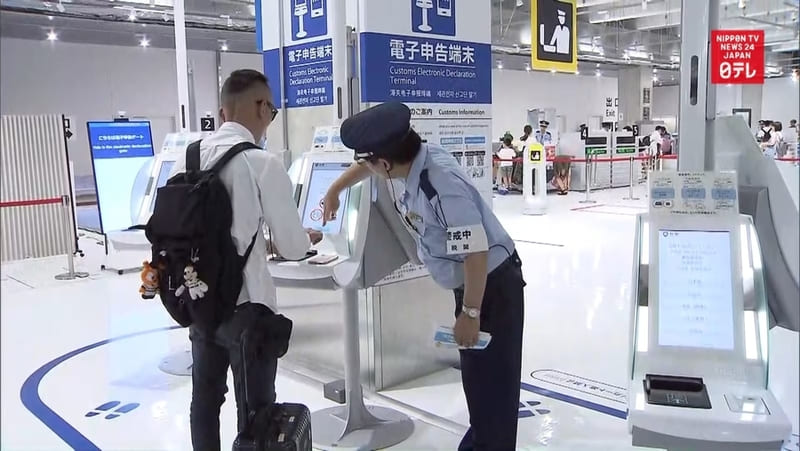
Japan is a dream destination for many digital nomads. It offers a great mix of old culture and new technology. Its infrastructure is also some of the best in Asia.
Working remotely in Japan comes with some requirements. You need to meet standard entry conditions, like Japan’s Immigration Customs Declaration. You’ll also need to follow some rules for working remotely.
This guide will explain what you need to do to be a digital nomad in Japan.
Can Digital Nomads Legally Work in Japan?
Japan does not have a dedicated visa for digital nomads. However, remote workers often enter the country on a tourist visa. This usually allows a stay of up to 90 days for nationals of many countries.
Tourist visa restrictions
If you enter Japan on a tourist visa, you can only work for clients or employers based outside of Japan. This means you cannot be paid by Japanese companies. You’re not allowed to earn income locally.
Visa overstay penalties
Japan has a zero-tolerance policy for visa overstays. Even staying for a few days extra can get you intro trouble. You may have to pay fine, or be banned from entering Japan for a few years.
Longer stays
If you plan to stay longer than 90 days, you’ll need to apply for a different visa.
The following visa options may be more appropriate:
- Temporary Visitor Visa Extension: Available in some cases. You need to go to an immigration office, and they will decide if you can get an extension.
- Work Visa: Requires sponsorship from a Japanese company. Digital nomads do not use this visa.
- Business Manager Visa: If you want to start a company in Japan, this visa could be for you.
- Cultural Activities Visa: Applicable for specific types of non-commercial activities.
- Student Visa: Allows part-time work while you study.
Always check the latest visa requirements from official sources or consult an immigration lawyer.
Documents Required for Entry as a Digital Nomad in Japan
To enter Japan as a digital nomad, you’ll need the following documents:
- Passport: Valid for the duration of your stay.
- Visa (if applicable): Check if you need a visa. If you do, apply for a tourist visa.
- Customs Declaration Form: All travelers entering Japan must complete this document.
- Proof of financial means: To show you can support yourself during your stay.
- Return flight ticket: Immigration officers often ask for proof you plan to leave Japan.
Some visas require extra documents. For example, if you want a Business Manager visa, you may need to show a business plan or proof of investment.
Tax Residency Rules in Japan
It’s important to understand Japan’s tax residency requirements before you start remote working.
Short-term stays (less than 183 days)
Digital nomads who stay in Japan for less than 183 days in a calendar year are not considered tax residents. This means they do not owe Japanese taxes. However all your income must be earned outside Japan.
Long-term stays (183 days or more)
Staying longer than 6 months may make you a tax resident in Japan. You may need to file taxes in Japan. You might also have to pay income tax on global earnings. If this applies to you, talk to a tax professional familiar with Japanese laws. They can help you avoid getting into legal trouble.
Setting Up as a Freelancer in Japan
Japan is not a popular destination for freelance visas. However, some digital nomads use the Business Manager Visa to establish a small company or sole proprietorship. This requires:
- Business plan in line with Japan’s economic interests.
- Proof of a physical office in Japan (virtual offices are generally not accepted).
- Minimum capital investment (usually ¥5 million or about USD 35,000).
To open a bank account or get housing, you may need to show more documents or have a sponsor.
By understanding Japan’s visa requirements and preparing your documents in advance, you can make the most of your remote working journey.



